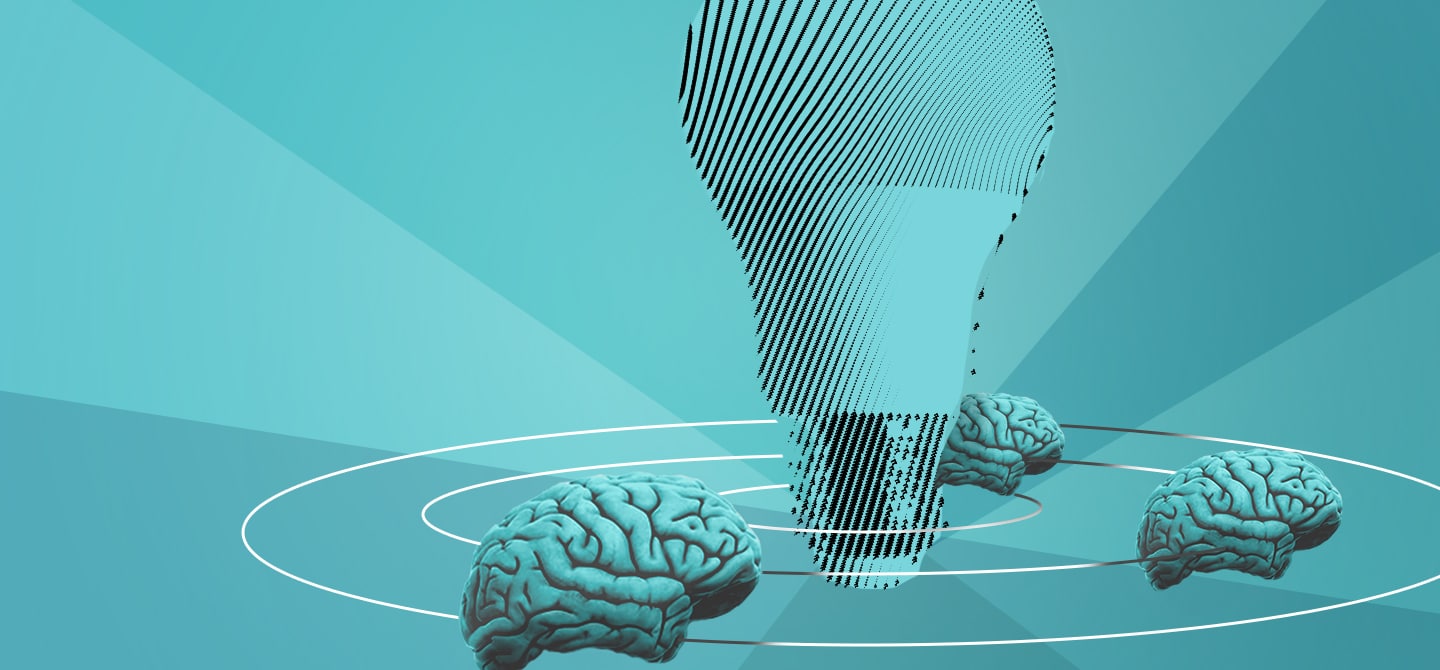Numerous studies have established a significant link between sleep disorders and cardiovascular disease. A recent INSERM study, conducted in collaboration with the Centre Hospitalier Universitaire Vaudois, sheds new light on this association and opens up new avenues for the prevention of these diseases.
The number of deaths linked to cardiovascular disease (CVD) has soared in recent decades. According to the World Heart Federation, it has increased by 60% since 1990, i.e. faster than the world’s population. Every year, more than 20 million people worldwide die of CVD. This dismal figure makes heart disease, which covers a range of disorders affecting the heart and blood vessels, the leading cause of death worldwide (and the second in France).
Risk factors still to be investigated
Preventing CVDs is therefore a major public health issue. Considerable research efforts are being made to better identify not only the risk factors (factors that contribute to the development of disease), but also the risk markers (factors that indicate an increased risk, without necessarily establishing a causal link), so that action can be taken as early as possible.
While we undoubtedly know that smoking, diabetes, harmful alcohol consumption, poor diet and a sedentary lifestyle all contribute directly to the onset of CVDs, a growing body of scientific evidence also points to sleep as a significant risk marker. Various studies have shown, for example, that strokes and myocardial infarctions are ultimately more frequent in people who sleep little or a lot (sleeping less than 6 hours or more than 9 hours) or in people with sleep apnoea than in the rest of the population. Can this association be explored in greater depth and used for prevention purposes ? This is the question that the Integrative Epidemiology of Cardiovascular Diseases team at the Cardiovascular Centre (Inserm/Université Paris Cité), led by Jean-Philippe Empana, has attempted to answer, in collaboration with the Vaud University Hospital Centre in Lausanne.
The “sleep score”
His work was based on two European general population cohorts : one in France of 10,175 adults aged 50–75 ; the second in Switzerland of 6,733 individuals aged over 35. “Most existing studies focus on a single component of sleep, usually its duration or the presence of sleep apnoea. But “good sleep” actually encompasses several components. We have tried to take this into account by adopting a more global approach”, explains Jean-Philippe Empana. The researchers developed a “sleep score” that is scientifically robust but deliberately simple so that everyone can adopt it, based on five key markers of the quantity and quality of sleep : its average daily duration, the presence of excessive daytime sleepiness, the presence of sleep apnoea, the frequency of insomnia and the chronotype (the fact of being a morning or evening person). Each item is scored 0 or 1, with an optimal total possible score of 5 corresponding to a sleep duration of between 7 and 8 hours, the absence of insomnia, apnoea and daytime sleepiness, and a morning chronotype.

“Using this score, we wanted to study the effects of changes in sleep habits over time, as previous studies have tended to focus on the sleep/CVD association at only one given point in time” continues the research director. The sleep score for each individual was assessed at point 0, then two to five years later, and cardiovascular risk was monitored for 8 to 10 years. The links between this score and the number of heart attacks, strokes or heart failure were then analysed without considering potential risk factors (smoking, diabetes, etc.), the sex and age of the participants, and by excluding people who had already suffered from CVD in the past.
The results are clear. The higher the score obtained, the lower the number of cases of CVD. The subgroups with scores of 2, 3, 4 and 5 were 10%, 19%, 38% and 63% lower respectively than the subgroup of people with scores of 0 or 1. But above all, the study shows that whatever the starting score, the number of cases of CVD falls for participants who have improved their sleep habits. Each improvement in the sleep score, irrespective of the factor considered, corresponds to a 16% reduction in the number of cases of CVD in the group concerned. Jean-Philippe Empana is enthusiastic : “These results highlight two things : firstly, that improving sleep is associated with considerable benefits in terms of reducing the risk of CVD. Secondly, it’s never too late to protect your cardiovascular health by taking action to improve your sleep. It’s a very powerful message, and one that we hope everyone can take on board.”
Does this mean that sleep disorders are one of the causes of cardiovascular disease ? “No, and that’s not what the study was trying to show. But of course, the hypothesis remains plausible since our results do not contradict it,” explains the research director. To establish a causal link, we need to be able to show not only that there is indeed an association between sleep and CVD, and that sleep disorders precede the onset of these pathologies (which the study established), but also to investigate in greater depth the physiopathological mechanisms explaining this link (other teams are working on this), and then confirm the results with randomised trials. So, we shouldn’t be too quick to draw conclusions.








